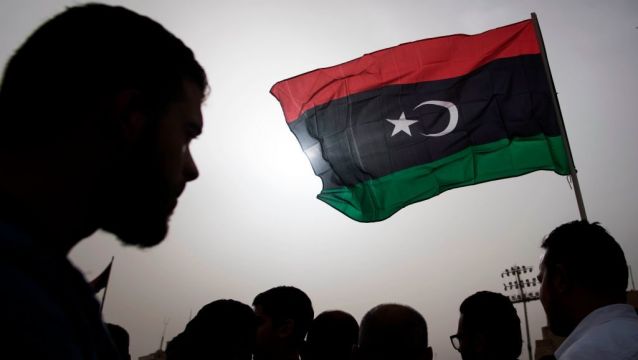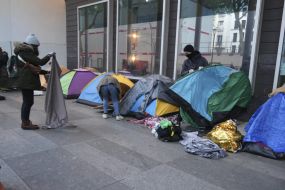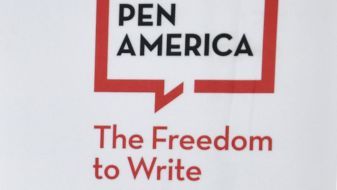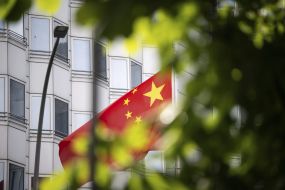Libya's best chance of peace in years is at risk of unravelling as factions tussle over looming national elections that were envisaged as a way to end a decade of chaotic division.
As a cast of factional leaders position themselves for a presidential run, many Libyans are bracing for a return to violence whether the vote goes ahead as planned on December 24th or not.
Already, the eastern commander Khalifa Haftar has paved the way for a campaign by handing his duties to an acolyte, while Saif al-Islam Gaddafi, the son of the former dictator, has indicated he may run too.
“The election process is heading towards disaster however things turn out,” said Wolfram Lacher, a Libya researcher at SWP in Berlin.
“Even in the best case in which there isn't a widespread boycott or violence, there's a big risk that the losers won't recognise the results,” he said.
Not everybody agrees with that assessment. Many believe that whatever the risks, elections are the only way to turn the page on endless disputes among the established powers and confer legitimacy on rulers.
Stability
The United Nations and major foreign powers are all pushing for the elections to go ahead, saying most Libyans want the vote, and inside Libya all major factions are publicly demanding it takes place, whatever their private stance.
But as the Decemeber 24th date set by a UN peace process last year approaches, the dangers appear to be mounting.
Libya has enjoyed little stability since the 2011 NATO-backed uprising that toppled Muammar Gaddafi, and was split after 2014 between warring eastern and western factions.
The UN process has installed a transitional unity government as well as demanding elections for a new president and parliament to resolve the crisis.
However, the legal basis for the elections is bitterly disputed, meaning that if it goes ahead without consensus on the rules, large parts of the country may refuse to take part or will reject any results they dislike.
Controversy
Particular controversy has hung over the role of the parliament, which was elected seven years ago and mostly backed the eastern side in the war.
Its speaker Aguila Saleh said this month it had passed a presidential election law that his critics said was tailored to allow him to run without risking his role as speaker, and was rammed through without a proper vote.
This week he went further, withdrawing confidence from the unity government of prime minister Abdulhamid al-Dbeibah, a move that seemed aimed at clipping its wings by undermining its legitimacy, in a vote that also drew accusations of chicanery.
"It's a way of creating more urgency for the elections as these announcements make it harder for anyone to bank on the survival of Dbeibah's government," said Libya researcher Jalel Harchaoui of the Global Initiative thinktank.
Dbeibah has won support with populist programmes and though he has pledged not to run in the election, some Libyans hope he will, or regard his unity government as a fallback if elections do not happen.
Meanwhile, parliament has not yet passed a law for a parliamentary election — as mandated by the UN process — though it has said it is working on one.







